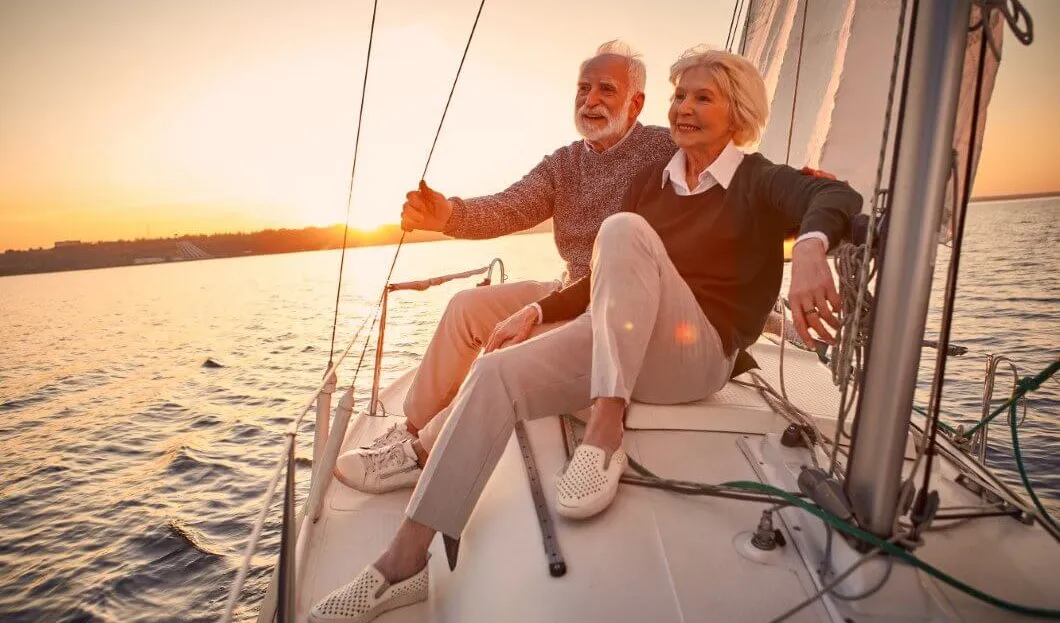
Luxury tourism in Europe is a market estimated at between 130 and 170 billion euros per year, which could triple within 10 years thanks to the development of certain destinations and investments in infrastructure or training, according to a recent study.
The study, the first of its kind on a European scale, was conducted by Bain and Company for the European Cultural and Creative Industries Alliance (ECCIA), which brings together five organizations representing more than 600 luxury brands.
"Europe is the world's leading tourist destination and European high-end tourism represents between 130 and 170 billion euros per year,” stated Matteo Lunelli, the new president of the ECCIA.
Eight Times More Expenses
The study shows that while they occupy only 2% of hospitality facilities, "luxury" tourists generate nearly 22% of overall European tourism revenues, account for 22% of accommodation spending and up to 33% of spending on culture, entertainment and shopping.
High-end tourists spend eight times more than the average ones and the high-end hotel industry employs twice as many staff as the so-called "classic" hotel industry. France, Italy, Spain and the United Kingdom are in the lead with luxury tourism exceeding 20 billion euros. Germany receives between 5 and 10 billion euros or as much as Switzerland.
But other countries are also doing well, such as Greece with 10 billion euros (7% of its GDP) and Portugal between 4 and 6 billion euros. The report also highlights the emergence of destinations such as Croatia, Slovenia and the Nordic countries, which attract visitors for their natural and sustainable development.
"We know that high-end tourists prefer to visit Europe for reasons of gastronomy, culture, history, art, shopping, but we are below for nature and well-being," unlike destinations like Bali, Australia or Japan, explains Bénédicte Epinay, general delegate of the Colbert Committee.
520 Billion Euros
"With the right European strategies, we can develop and direct tourism towards sustainability and nature," according to Ms. Epinay. Because "it's one thing to attract people to Paris, the Loire castles and the French Riviera, but the idea is to make people visit the rest of France," she adds.
To do this, "it is necessary to increase infrastructure to facilitate travel to secondary destinations," she said, arguing for "public policies" to also develop "training in high-end tourism and make Europe a global reference.
For Matteo Lunelli, based on the study, "a plan for the development of high-end tourism in Europe could lead to an increase in the value of the sector to 520 billion euros" per year, between 2030 and 2035.
ECCIA also calls for easier access for tourists to certain areas in Europe. The report cites as an example China's Hainan province, "destined to become a free trade port of global importance comparable to Dubai and Singapore" and where "there is a specific government-backed plan to facilitate access for international visitors and foster a high level of luxury offerings."










